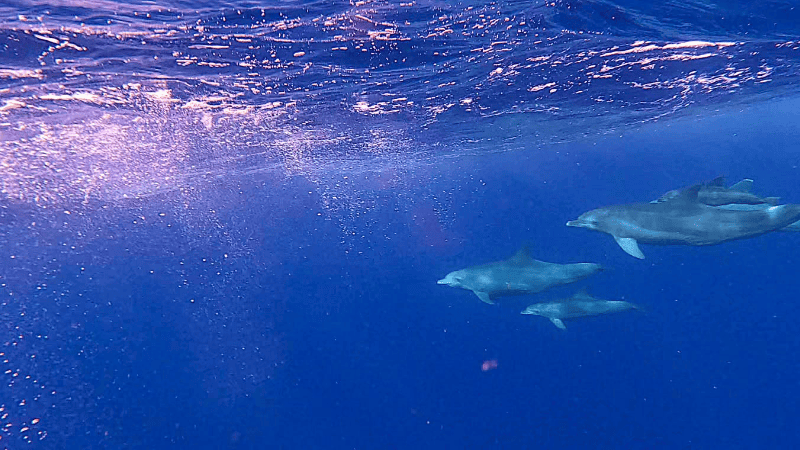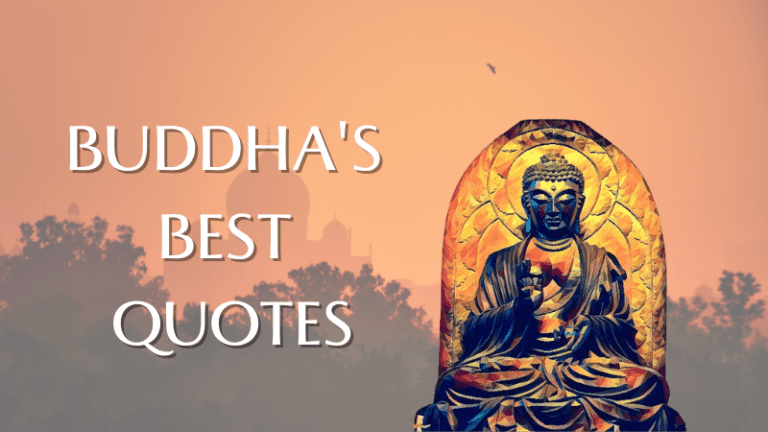Heraclitus' wisdom: War as the origin of all things
Heraclitus, a pre-Socratic philosopher, once coined the idea that war is the father of all things. With the numerous armed conflicts raging around the world and causing untold suffering, this statement sounds provocative or at least incomprehensible.
This statement, which is often quoted and discussed, offers a deep insight into the dynamic nature of existence. But to fully understand Heraclitus' philosophy, we must consider his use of the word "war" in the context of his entire teaching. With this in mind, the word "context" seems to be the more appropriate key to decipher his thoughts for our modern understanding.
"War is the father of all things and the king of all. It turns some into gods, others into men, some into slaves, others into free men."
Heraclitus
Heraclitus did not understand "war" to mean exclusively armed conflicts between states or peoples. Rather, he saw it as the fundamental principle of contradiction that underlies all changes in the universe. According to Heraclitus, everything is in constant motion; nothing remains as it is. This uninterrupted flow of reality is driven by the conflict of opposites. Just as day gives way to night and day emerges from it, everything that exists is also subject to a constant process of becoming and passing away.
This perspective allows us to see the world around us and human existence itself in a different light. Everything that was, is and ever will be emerges from the constant conflict of things. It is this incessant battle of opposites that gives rise to the new and keeps the cycle of life going. If you would like to read more about Heraklit's idea of change, we have a corresponding Articles for you.
Heraclitus' insight that conflict is the engine of change and development can still provide us with valuable insights today. In a world that is often characterized by contradictions and contrasts, Heraclitus reminds us that it is precisely in these tensions that the potential for growth and renewal lies.
It can thus be said that Heraclitus' famous quote is far more than a mere recognition of war as a historical or social reality. It is a profound reflection on the nature of reality itself. If we understand the meaning of "war" in Heraclitus' sense as a metaphorical expression for the eternal conflict of opposites, we open ourselves up to a deeper understanding of the world and our role in cosmic events.
Transformational equivalence of opposites: Heraclitus did not emphasize the identity of opposites, but their ability to replace each other in a series of transformations. He recognized a lawful flow of elements and rejected the idea of the universality of flow by pointing to constant change, such as the warming of the cold and the cooling of the hot. This illustrates the dynamic nature of reality, which is characterized by constant change and not by static identity (Source).
Heraclitus was repeatedly criticized for his paradoxical statements, but he did not deny the laws of logic. His philosophy accepts a "lawful flow of elements" and does not see opposites as identical, but rather as interchangeable in a series of transformations. This implies a transformational equivalence of opposites, suggesting that change and opposites are not arbitrary but follow a recognizable pattern.
Heraclitus' theories can thus be seen as a response to the philosophy of his Ionian predecessors, who believed that everything emerges from a primordial substance. Heraclitus chooses fire as the fundamental element (arche) and sees logos as a structuring force. This is in contrast to his predecessors, who saw water, air or the infinite (apeiron) as the primordial substance. He goes beyond a simple physical theory and develops a kind of process philosophy that emphasizes constant becoming and transformation (Source).
Of course, we now know that our universe has its origins in a big bang. Experts estimate that temperatures of up to ten trillion degrees prevailed immediately after the Big Bang. In other words, we can now say that Heraclitus was right when he said that fire was the fundamental element and was way ahead of his time.
Moral and political theory: Heraclitus also applies this principle to human beings and closely links his theory of nature with moral and political issues. Here too, he sees conflict as a necessary condition for life and argues that without the struggle of opposites, no harmony and no life would be possible. Conflict and war are not seen as disturbances of life, but as preconditions for its emergence.







